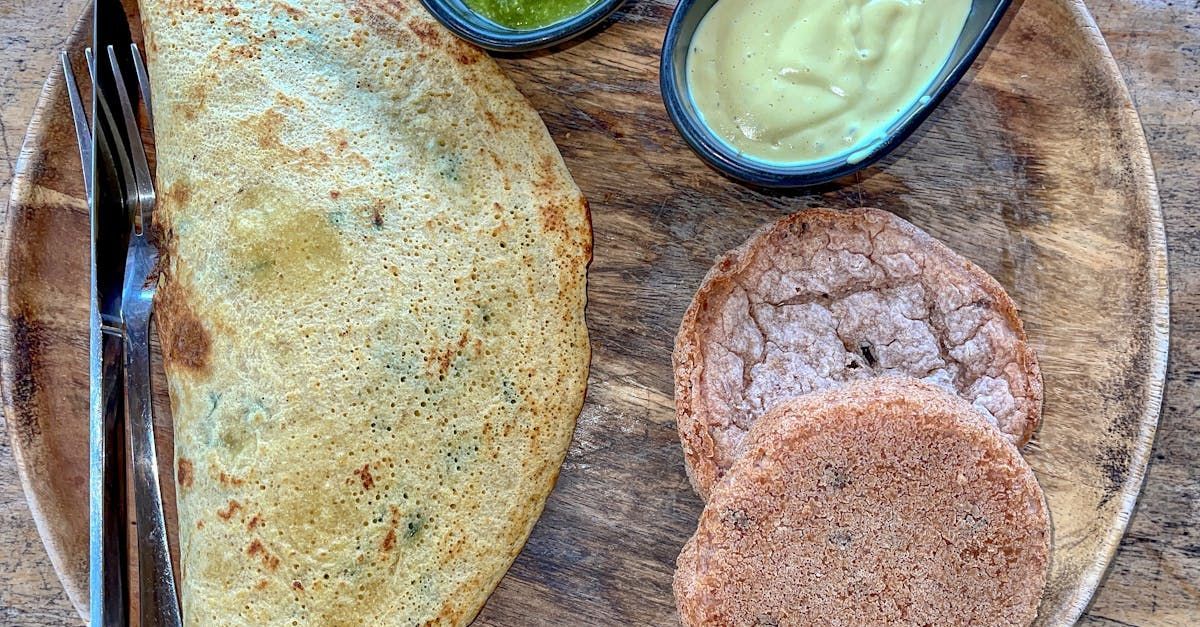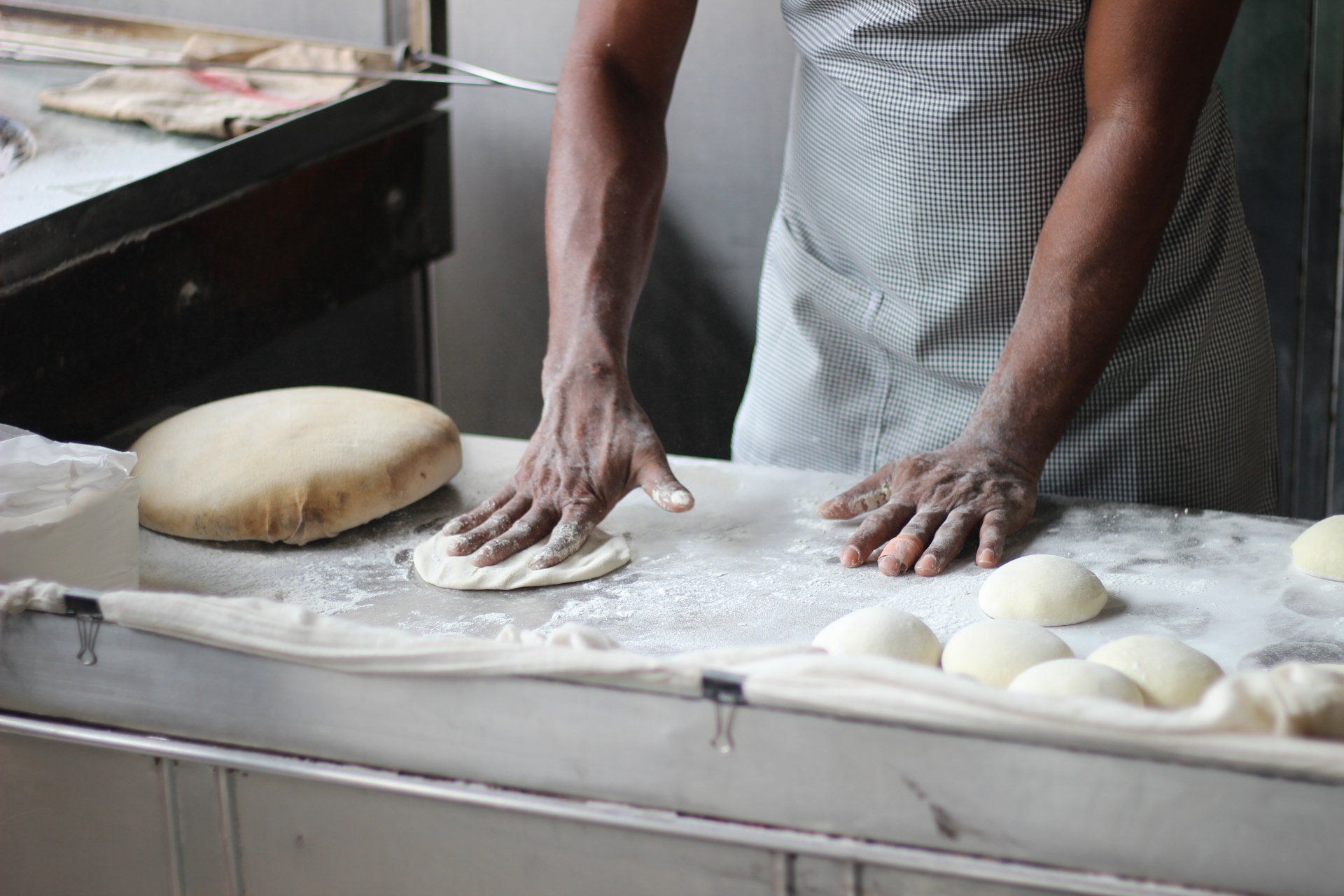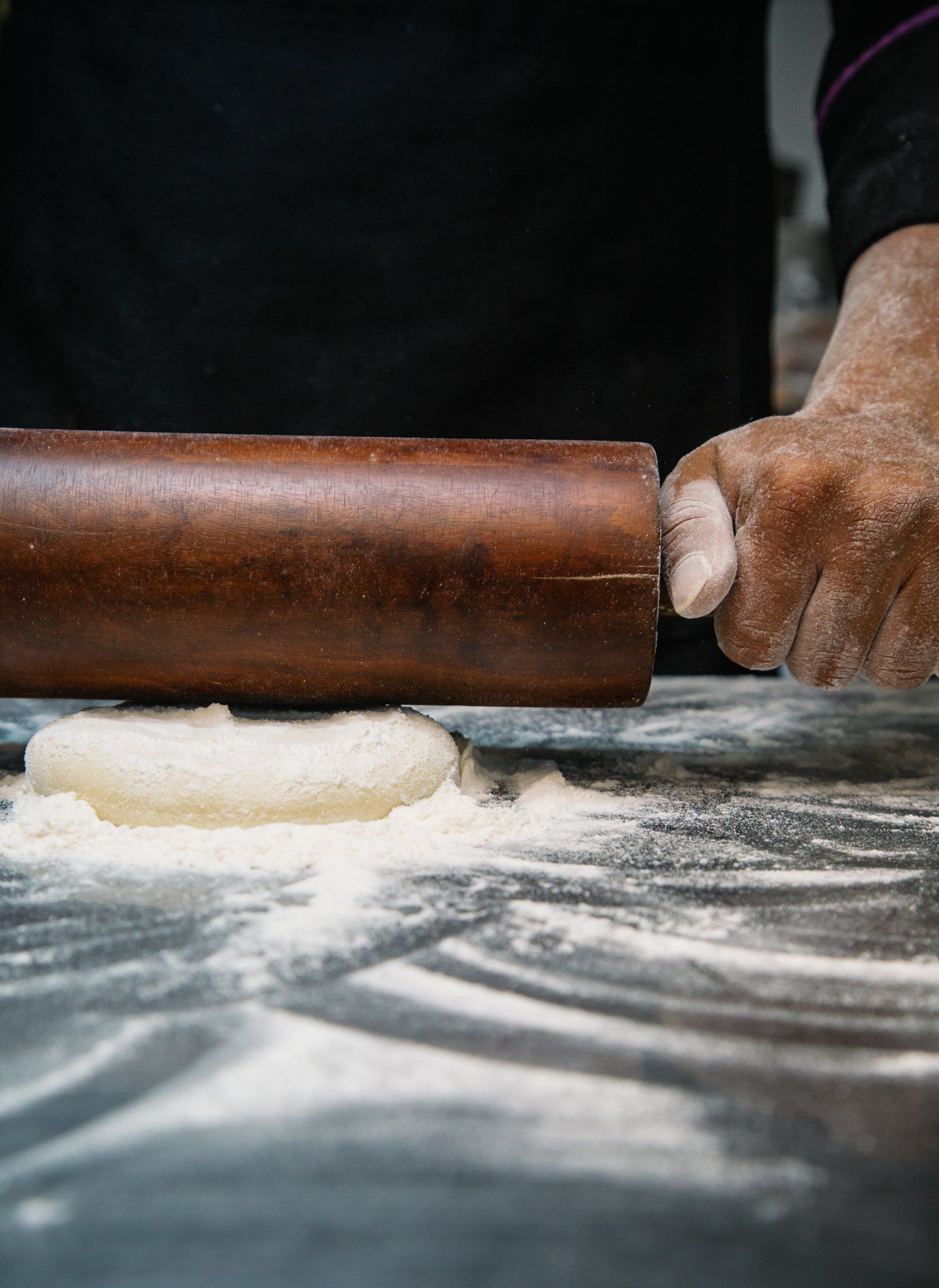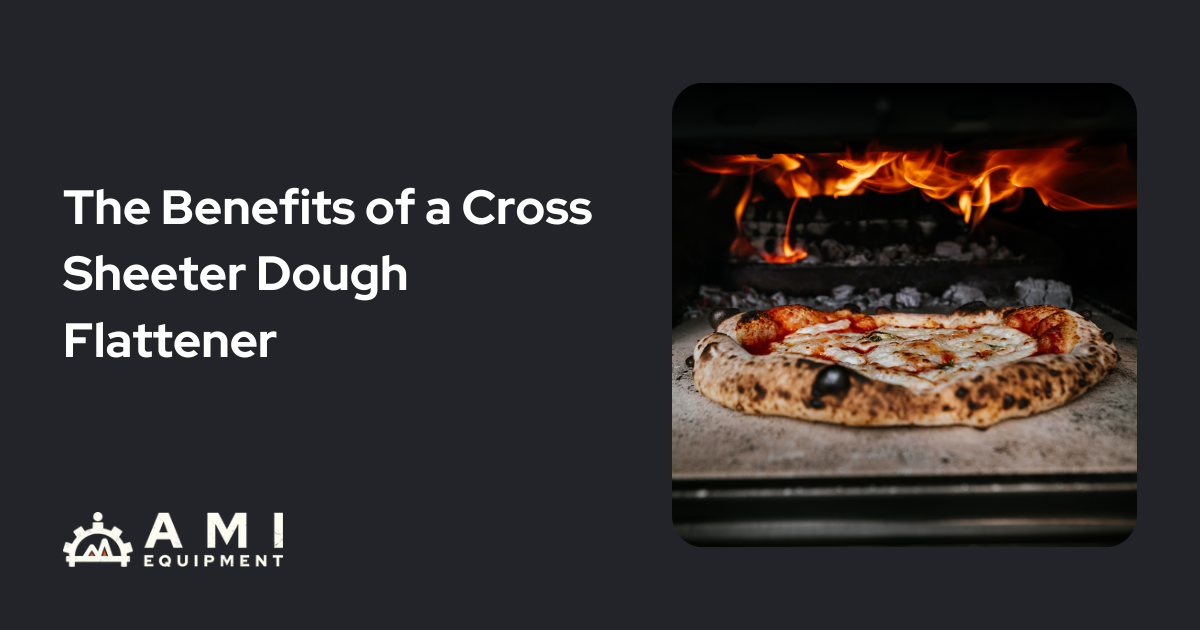The Role of Tunnel Ovens in Producing Gluten-Free and Specialty Breads
Share this page:

As consumers seek healthier food choices to meet their unique dietary needs, the demand for gluten-free and specialty breads has experienced significant growth. Although this can present challenges for traditional bakeries, it can also offer opportunities to expand menus. It also opens doors for innovative, new bakeries to carve out a niche market specializing in healthier bread alternatives.
Precision in baking specialty breads is essential to meet the expectations of customers as well as maintaining the quality and conditions that stand up to regulatory standards of gluten-free facilities. Here, we look at custom conveyor ovens, called tunnel ovens, to produce gluten-free and specialty breads to help bakeries produce high-quality, compliant products.
Challenges in Baking Gluten-Free and Specialty Breads
Gluten provides the texture, volume, and flavor consumers expect in their breads. Although consumers know they are purchasing gluten-free and specialty products, their expectations don’t change. Traditional textures and volumes, along with other pleasing aspects of a superior loaf of artisanal bread such as a crisp crust, fluffy or chewy interior, fragrance, and more, are all associated with the traditional baking of gluten flours such as wheat, barley, and rye. That classic structure and flavor is complex to achieve without gluten.

Common challenges for gluten-free and specialty breads include:
- Elasticity that forms the dough into the expected product, whether it is rolls, loaves, or flatbreads
- Volume during baking
- A lack of visco-elasticity to avoid large holes as the bread expands during baking
- A varying degree of bubble formation and crumb structure negatively impacts the preferred bread texture.
- Unpleasant aftertastes from ingredients such as grains, seeds, nuts, etc.
- Compliance with gluten-free certification to ensure you prevent the production and distribution of products containing gluten
Overcoming Texture and Taste Challenges in Gluten-Free Baking
Texture is still the primary consideration for other specialty products, such as flatbreads or tortillas. The dough and baking process determines whether a tortilla is supple or crisp and whether a flatbread is crunchy or chewy. In many cases, consumers want both chewy and crisp, adding to the complexities of baking. This goes back to gluten, which helps provide moisture to manage these textural challenges. Finally, gluten also provides moisture, which is essential for achieving the proper texture.
Ensuring Quality and Safety in Gluten-Free Production
The most critical considerations in the baking process are:
- Consistent temperatures.
- The right level of moisture and humidity.
- Appropriate bake times.
- Avoiding cross-contamination in bakeries that are not strictly gluten-free.

Mastering Specialty Breads with Tunnel Oven Technology
Precision and Consistency: The Foundation of Specialty Baking
Tunnel ovens are engineered to address the unique challenges of baking gluten-free and specialty breads. These ovens ensure product consistency across batches by allowing bakers to experiment with them and lock them in the optimal settings. Precise temperature controls are at the core of this functionality, allowing finely-tuning and replicating baking conditions for each batch. This capability enhances the quality and maintains the integrity of each unique recipe.
Customizable for Every Recipe
The adaptability of tunnel ovens is highlighted by their customizable baking cycles, which can be easily adjusted depending on the type of bread being produced, be it loaves, buns, flatbreads, pizza crusts, or tortillas. This flexibility ensures that each product is baked under ideal conditions, catering to its specific moisture and texture needs.
Tailored Baking Surfaces for Optimal Results
Bakers can choose from three distinct baking surfaces, each designed to meet different baking requirements:
- Solid Carbon Steel Plates: Offer versatility for a variety of bread types.
- Perforated Steel Plates: Enhance color and texture, ideal for visually appealing breads.
- Cordierite Baking Stones: Perfect for achieving artisanal quality in pizzas and focaccia.
Advanced Environmental Controls for Superior Quality
Maintaining an optimal baking environment is crucial, especially for gluten-free products that do not naturally retain moisture like their gluten-containing counterparts. Tunnel ovens excel in this area by allowing precise control over air temperature, speed, and exhaust settings. This control is essential for managing moisture levels throughout baking, ensuring that each product emerges with the perfect texture and consistency.
This tailored approach meets the stringent standards required for specialty baking. It ensures that each loaf or batch can replicate the beloved textures and flavors traditionally associated with gluten bread without compromise.
Benefits of Using Tunnel Ovens for Specialty Breads
Tunnel ovens can be adjusted to create specific temperature profiles and conveyor settings to achieve the highest quality for specialty breads. However, where they make a difference is in the surface type. For example, baking stone is ideal for breads such as French and Italian loaves, traditionally cooked in stone ovens. For artisanal specialty breads, this is a must, allowing the stone belt to create that distinct artisanal look customers desire. Your loaves receive consistent heat transfer through the stone and heat conduction to get that same look, texture, and flavor as an actual stone oven. This is also true when baking flat breads such as focaccia.
Tunnel ovens offer operational benefits, including energy efficiency, higher throughput, and reduced labor costs. As a result, you can scale your business without investing in new equipment or hires. These advantages increase profits by increasing productivity and reducing labor and energy demand. You’ll also reduce the risk of injuries that disrupt production by reducing manual handling to prevent burns. A safer workplace for your team increases the retention of top bakers who appreciate their work environment.
Looking to the Future
The gluten-free and specialty bread market will continue to expand along with consumer awareness. As more people seek diagnosis for possible food allergies, intolerances, and conditions such as celiac disease, they will make dietary changes to accommodate their needs. There is a continuing trend for people seeking weight loss solutions via lifestyle changes, including healthier diets. This is increasing the search for alternative carbs, including specialty breads with higher content using grains such as spelt.
Between the health-conscious consumer, an emphasis on weight loss and maintenance, and an increasing recognition of food sensitivity-related illness, the demand for innovative gluten-free and specialty breads will continue to grow. The race to offer the best taste and texture will require advanced baking technologies to produce a pleasing bread experience for changing consumer needs.
Seizing Opportunities in Specialty Baking
Producing gluten-free and specialty breads presents challenges and opportunities to innovative bakeries with their finger on emerging trends. As a result, exploring the opportunities presented by tunnel ovens now will allow you to discover the secret to producing the traditional texture, appearance, and aroma this niche market desires. You can position yourself favorably ahead of the crowd in what will indeed prove to be a highly competitive, lucrative market.
Click here to discover the range of customizable tunnel oven options available at AMI Equipment.

Explore More Insights
Discover more about specialty baking with expert tips and insights to help you stay ahead in the bakery industry.
Site Map
AMI Equipment
Expertly crafted ovens and automation solutions for authentic, traditional flatbread production. Fully customizable and backed by lifetime support.
Follow Us:
Copyright © 2024 AMI Equipment - All Rights Reserved




